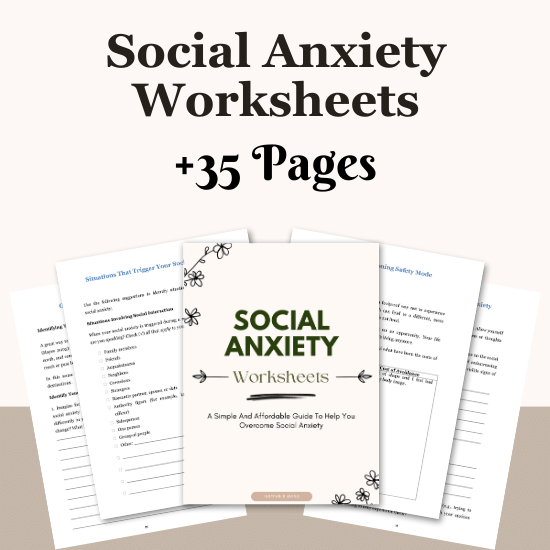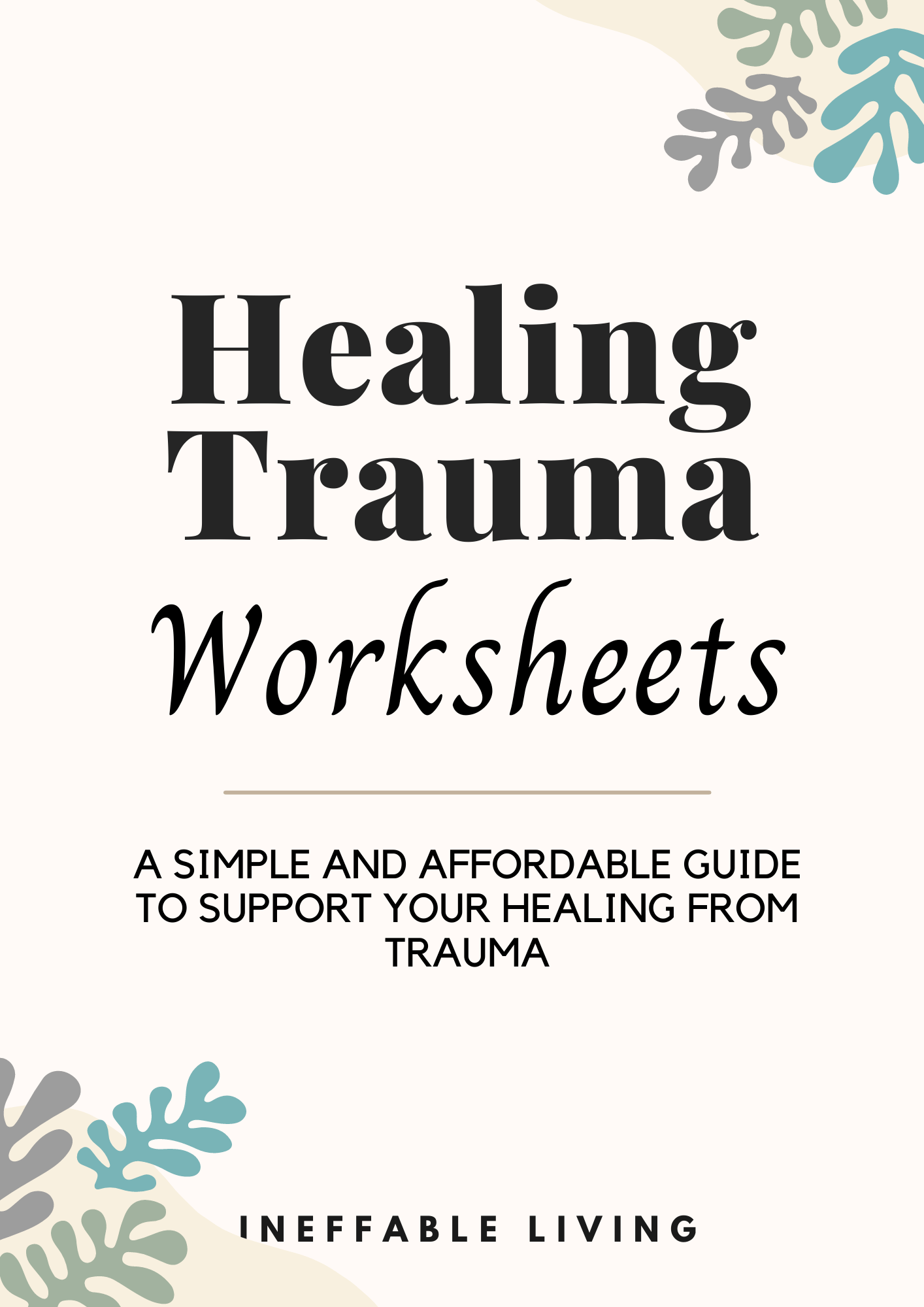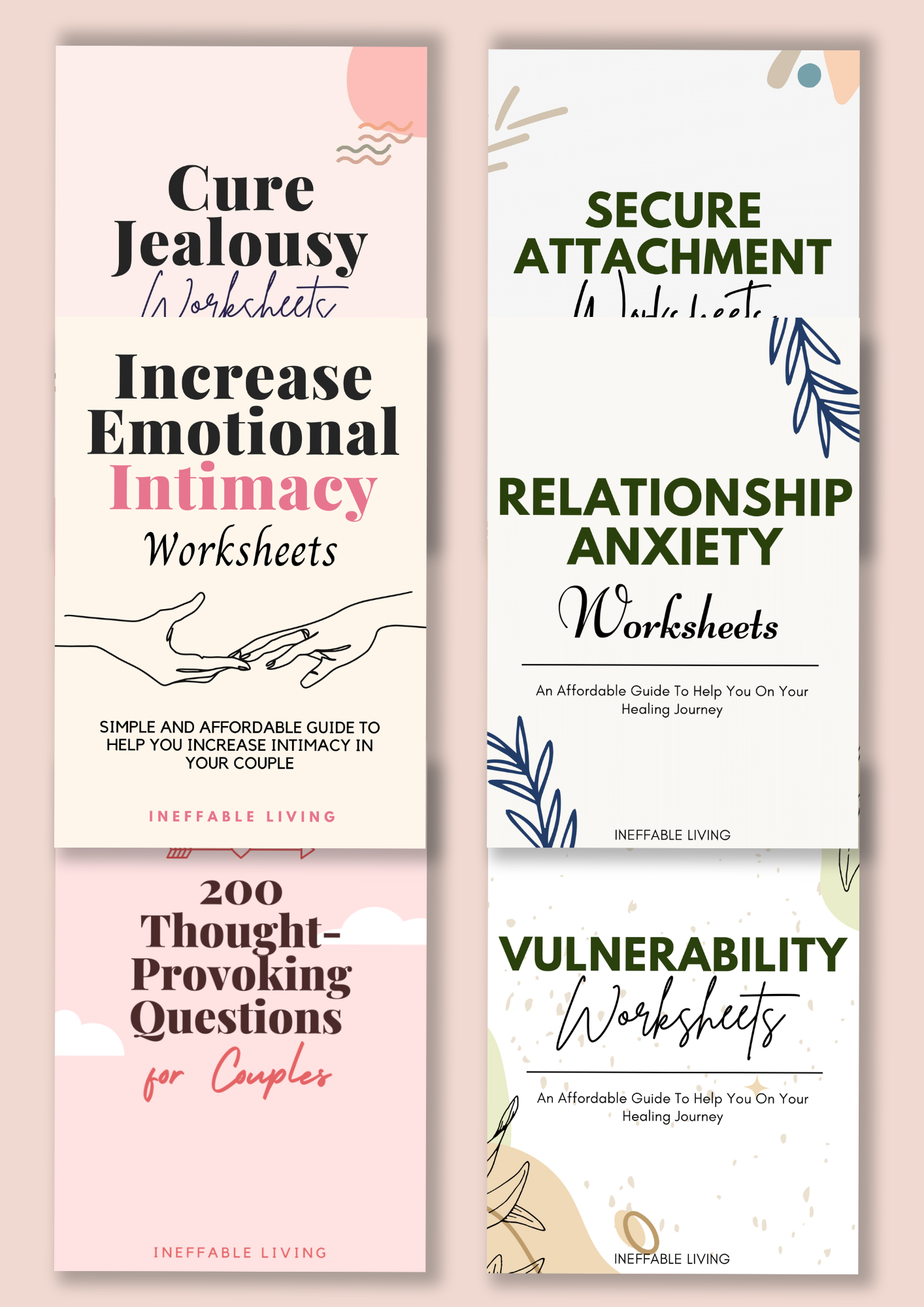1. Reflect on specific social situations or interactions that have triggered feelings of anxiety for you. What thoughts, emotions, and physical sensations arise in these moments, and how do they impact your behavior?
2. Consider the underlying fears or concerns that contribute to your social anxiety. What are you afraid of in social settings, and how do these fears influence your perceptions and reactions?
3. Explore any patterns or recurring themes in your experiences of social anxiety. Are there common triggers or situations that consistently evoke anxious feelings?
4. Reflect on the impact of negative self-talk and self-criticism on your social anxiety. How do your internal dialogues and beliefs about yourself affect your confidence and comfort in social interactions?
5. Consider the role of past experiences or traumas in shaping your relationship with social anxiety. How have previous events contributed to your current feelings and behaviors in social settings?
6. Reflect on the ways in which avoidance or withdrawal has affected your social anxiety. How do these coping strategies impact your long-term well-being and your ability to address and navigate social anxiety?
7. Explore the concept of self-compassion in relation to social anxiety. What practices or affirmations can you incorporate to nurture self-compassion and counteract self-judgment in social situations?
8. Consider the impact of perfectionism and the fear of judgment on your social anxiety. How can shifting towards self-acceptance and embracing imperfection support a healthier relationship with social interactions?
Social Anxiety Worksheets





